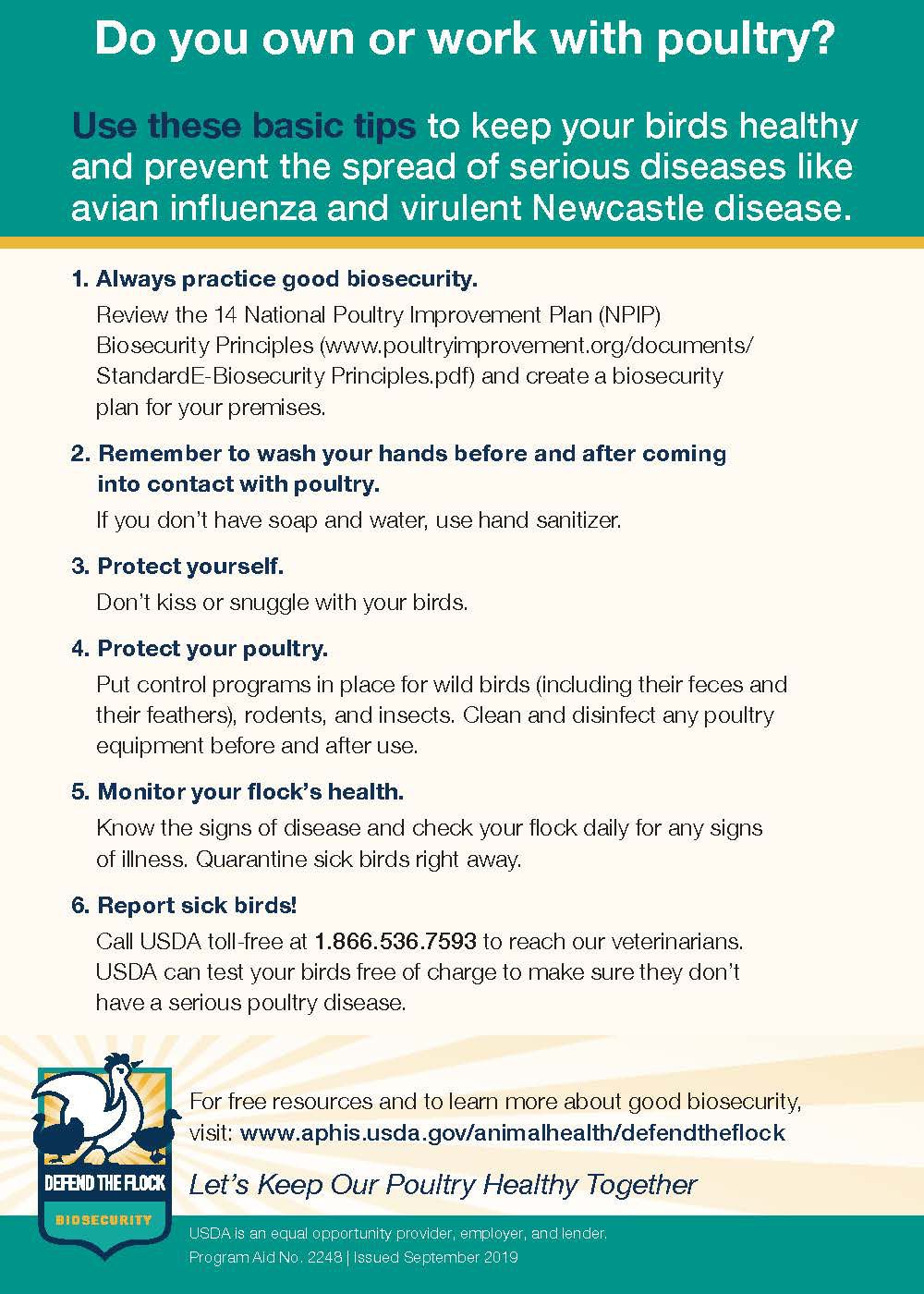Your Guide to Raising Backyard Chickens
Author
Published
9/3/2023
If you’ve been dreaming of collecting eggs from a coop just steps from your back door, it’s important to do your research before raising baby chickens. The considerations for starting a chicken coop range from community laws to chicken care and everything in between. But once you know all the details, you’ll understand how fun raising chickens can be. They’re fun to watch, educational for kids and a great hobby for adults.
How to Start Raising Chickens
When done right, a backyard chicken coop can be a boon to your pocketbook, your pantry and your garden. Use this guide to raising chickens for beginners and learn what to consider before you bring home your first flock.
Check the Laws
The first step is to research and understand the laws in your community. Laws vary and may contain rules about permits and fees, the number of birds allowed, enclosure requirements and coop location limits. Check online for your city’s municipal code and search under both “Animals” and “Zoning.” If backyard chickens aren’t allowed, you can always take the issue up with your city council. Also, check any rules pertaining to your HOA or subdivision if applicable.
Research Breeds
You’ve got a lot of choices when it comes to selecting just what breed of chickens will occupy your coop. For a comprehensive list and what to expect regarding behavior and egg production, check out backyardchickens.com. Don’t purchase any baby chicks or laying hens before building or buying a coop and run that’s appropriately sized for the number of chickens in your flock.
Understand the Costs of Care
As with any pet, your chickens will need proper care and attention. Consider the time commitment involved before embarking on this journey. The basics of chicken care include providing food and clean water daily and providing a protective and clean shelter and chicken run. Utah State University Extension has some great info on chicken care & nutrition. Chickens may also require the occasional trip to the vet if they become ill or injured.
Evaluate Your Commitment Level
If you’re uncomfortable handling and caring for animals, chickens aren’t the right choice for you. Are you willing to rear chickens long-term? It’s important to understand that chickens require consistent care and live relatively long lives if they’re healthy. Some breeds can live a decade or longer, so prepare to invest a good chunk of time into caring for your chickens.
Invest in Coops
Chickens need shade from the heat, insulation from the cold and protection from danger. You can build your own coop or buy one at a supply store. A proper enclosure with good ventilation, plenty of floor space and clean straw bedding will keep your egg-producing pals cozy. Hens need a nesting box for laying, which will also make your collection easier, and they need a place to perch at night when they sleep. Your coop should provide safety from predators, including any of your own mischievous dogs. If you’re planning to grow your flock over time, consider choosing a larger coop and run so that you’ll have room for future hens.
Inspect Your Yard
At night your chickens should be in their coops for safety and comfort, but during the day, they should have access to a spacious area of the yard where they can take dust baths, scratch and forage. The chicken run should include a combination of grass and loose material like dirt or sand and be fenced in to keep wildlife or neighborhood pets out. Routinely inspect your fencing for any gaps or places where animals have attempted to dig under.
Keep It Clean
Chicken habitats can quickly get smelly and attract flies, creating health concerns. Clean your chicken coop and run often, and remember that live poultry can carry Salmonella or other harmful germs. Make sure you have a veterinarian in your area that is experienced in treating chickens, and keep in mind that such specialists aren’t always easy to find. It’s also vital that you have the right tools on hand to treat illnesses and injuries. Follow these precautions from the Centers for Disease Control and Prevention to reduce the chance of contracting an infection from handling chickens, equipment or eggs.

Plan for Real Life
Chances are that you’ll still want to take a vacation at some point, so be sure to line up a caretaker who can tend to the chickens while you’re away. It can be a bit more difficult to find a farm sitter than a typical dog or cat sitter, so keep that in mind as you start your search.
Do You Have the Right Insurance?
Any time you take on a new venture or add features to your home, it’s important to review risks and possible liabilities. Your local Farm Bureau agent can help you make sure you have the right coverage in place.
Editor's Note: For additional resources on raising backyard poultry in Utah, visit the USU Extension page dedicated to raising poultry for the best local information.
Want more news on this topic? Farm Bureau members may subscribe for a free email news service, featuring the farm and rural topics that interest them most!
